President Biden has been criticized for delivering a D-Day speech that closely resembles Ronald Reagan’s address from 40 years ago at France’s Pointe du Hoc.
Critics and observers noted the similarities between the speeches, highlighting how Biden’s rhetoric mirrored Reagan’s. Young Americans for Liberty expressed on X, “It appears that Biden’s D-Day speech is just a paraphrase of Reagan’s D-Day speech.”
Online Reactions to the Speech Comparison
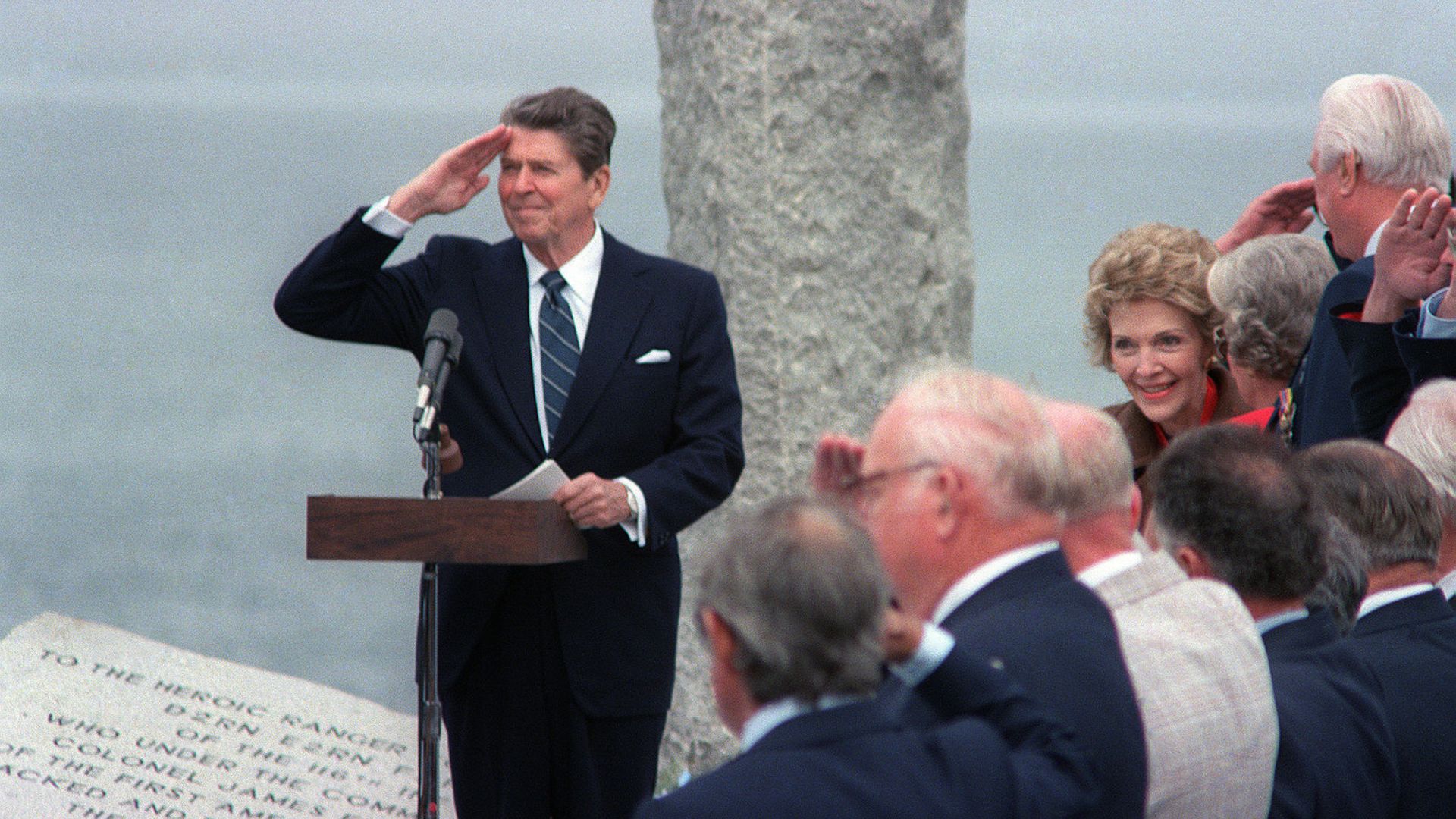
The comparison between Biden’s and Reagan’s speeches has sparked considerable attention online, with many pointing out the similarities.
Clay Travis of OutKick posted on X, formerly Twitter, encouraging viewers to “Watch these clips side by side. Wow,” which intensified the scrutiny of Biden’s speech against Reagan’s historical oration.
Critiques of Biden’s Communication Style
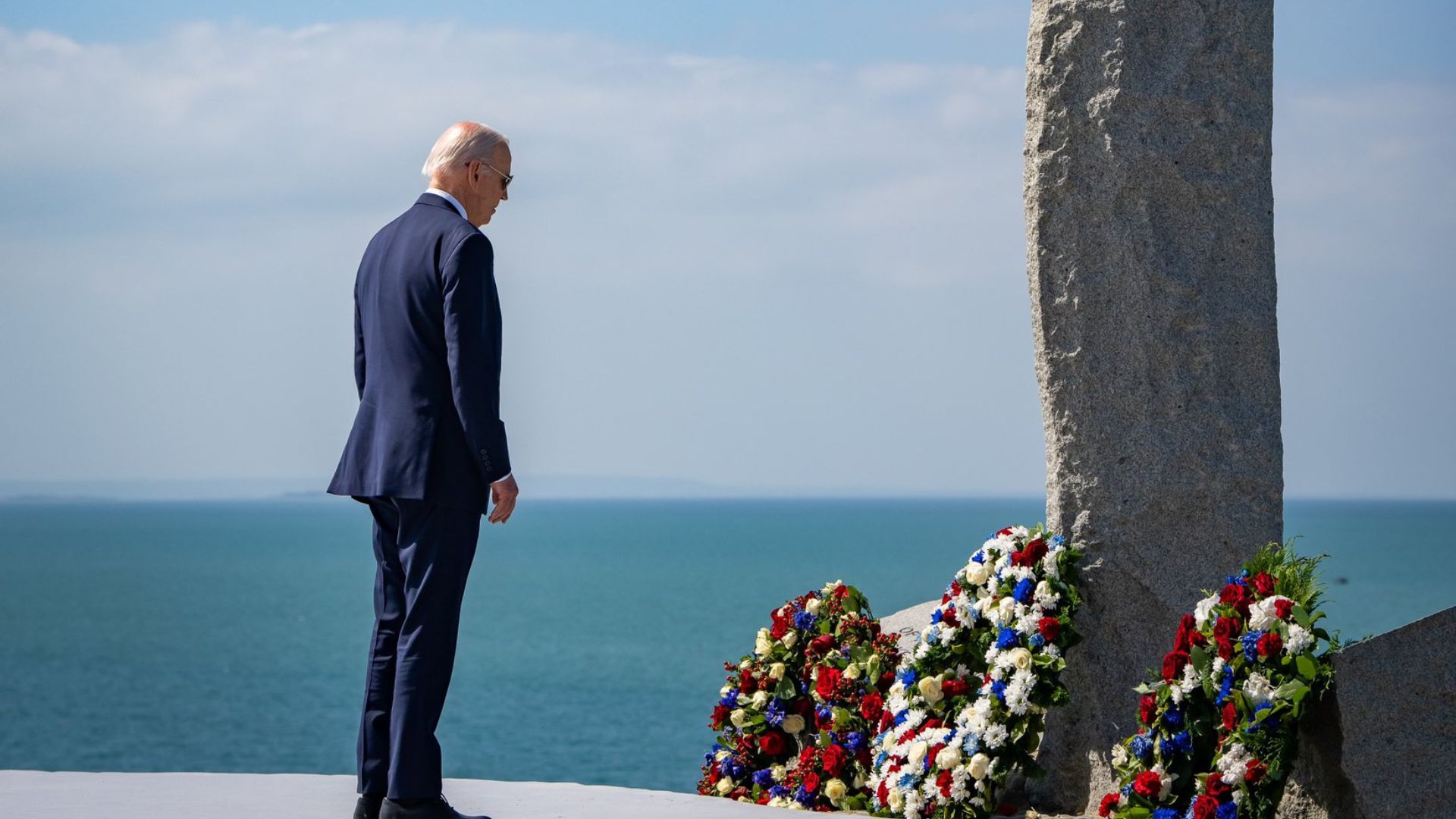
Scott Walker, former Governor of Wisconsin, criticized Biden’s attempt to emulate Reagan, emphasizing that effective communication requires belief in one’s words.
He posted on X, “Biden camp tries to make Biden sound like Reagan. But he wasn’t a great communicator just because of the words he said. He was a great communicator because he believed what he said and he made us believe it too. Joe Biden will never be as great a leader as Ronald Reagan!”
Historical Echoes and Plagiarism Concerns
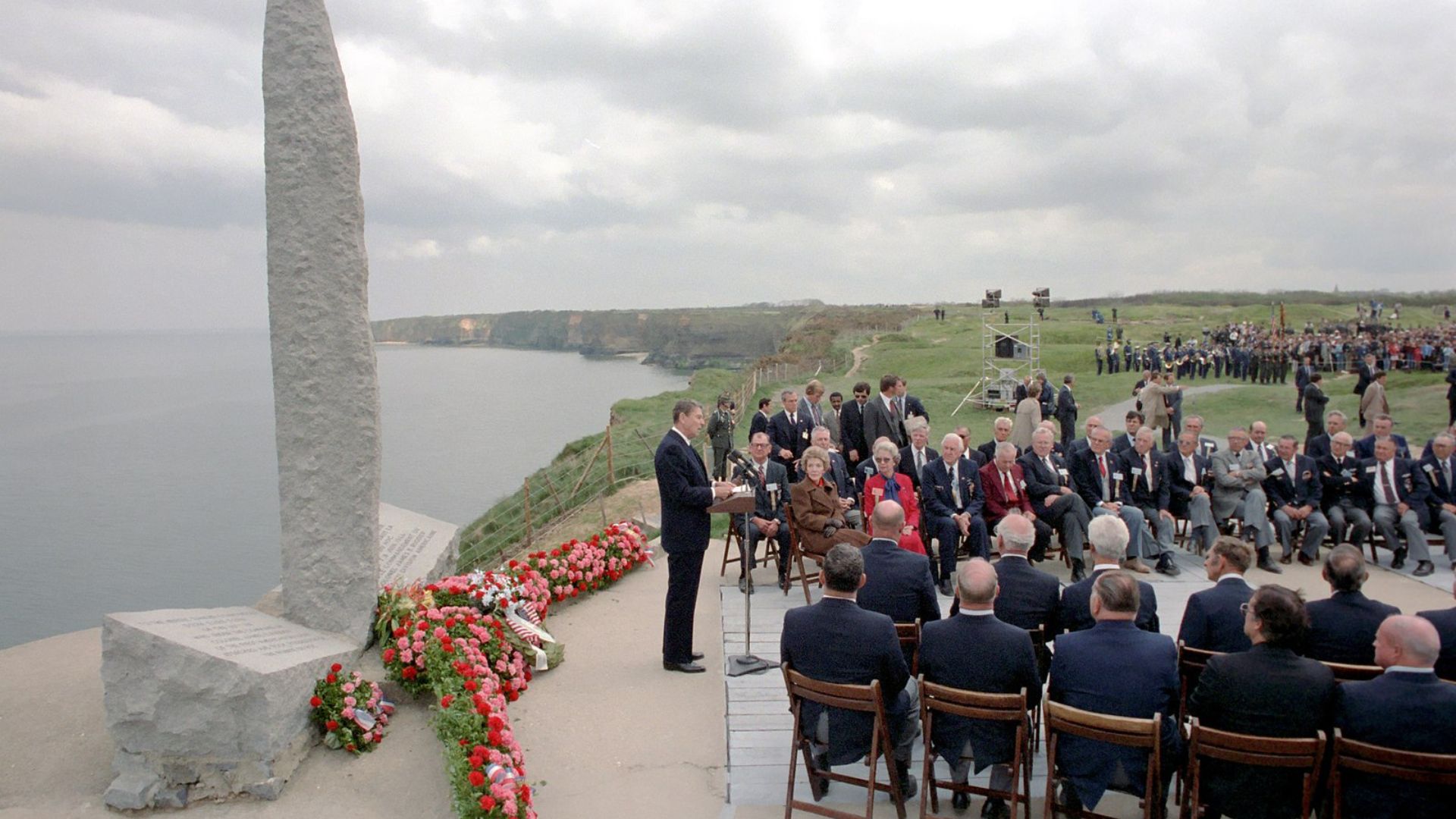
The echoes of past speeches brought up Biden’s historical issues with plagiarism.
Walker recalled on X, “Biden had to drop out of the presidential race 37 years ago for this kind of plagiarism. He should drop out again,” referencing Biden’s previous campaign challenges.
Direct Comparisons Drawn Between Presidents
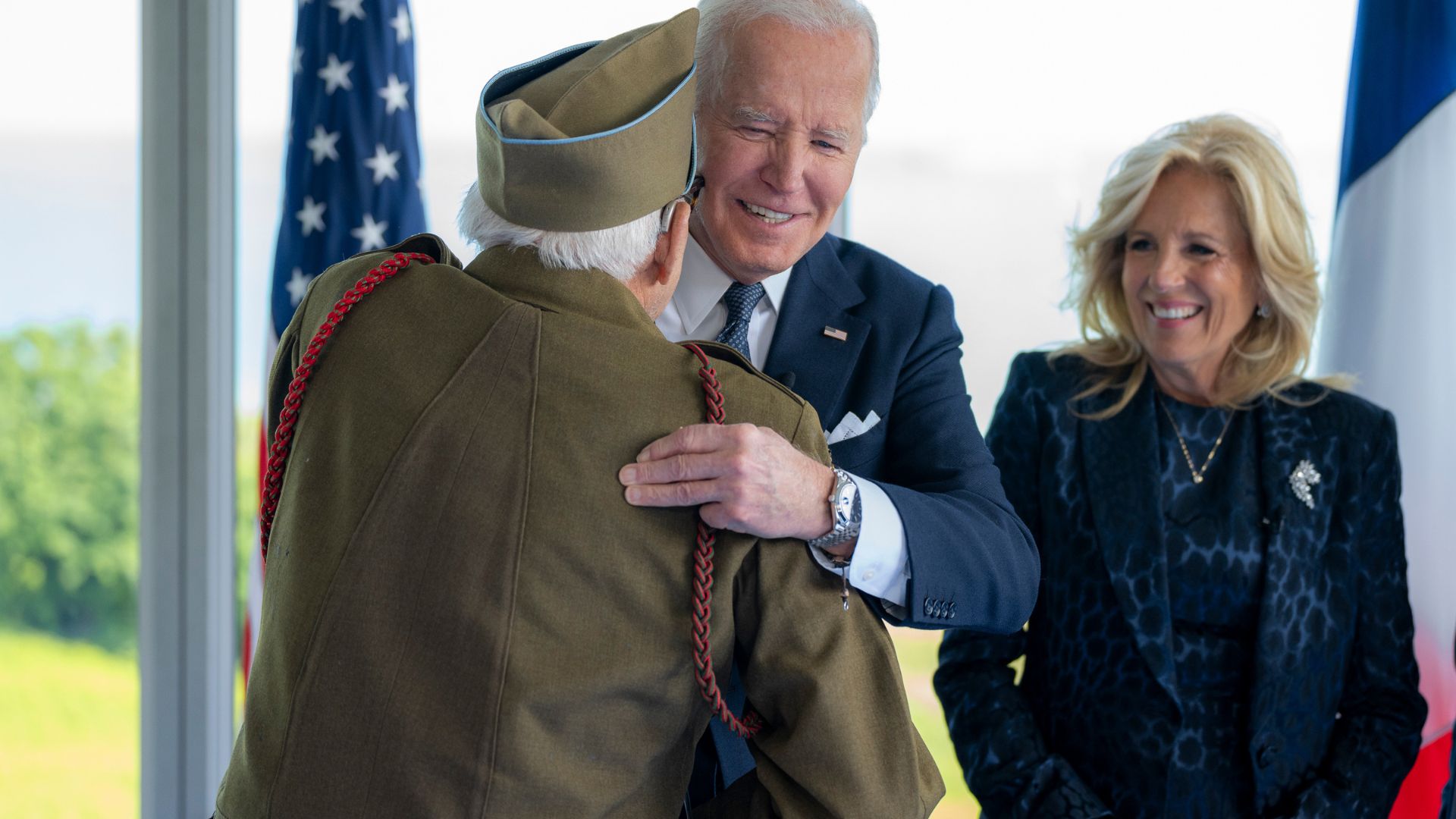
Marc Thiessen, a former speechwriter for President Bush, questioned the wisdom of inviting direct comparisons to Reagan.
He said, “Why would he do this? Why invite a direct comparison with Reagan with whom no president could ever compete in telling this story, much less one as inarticulate as Biden?”
Perpetual Plagiarism Accusations
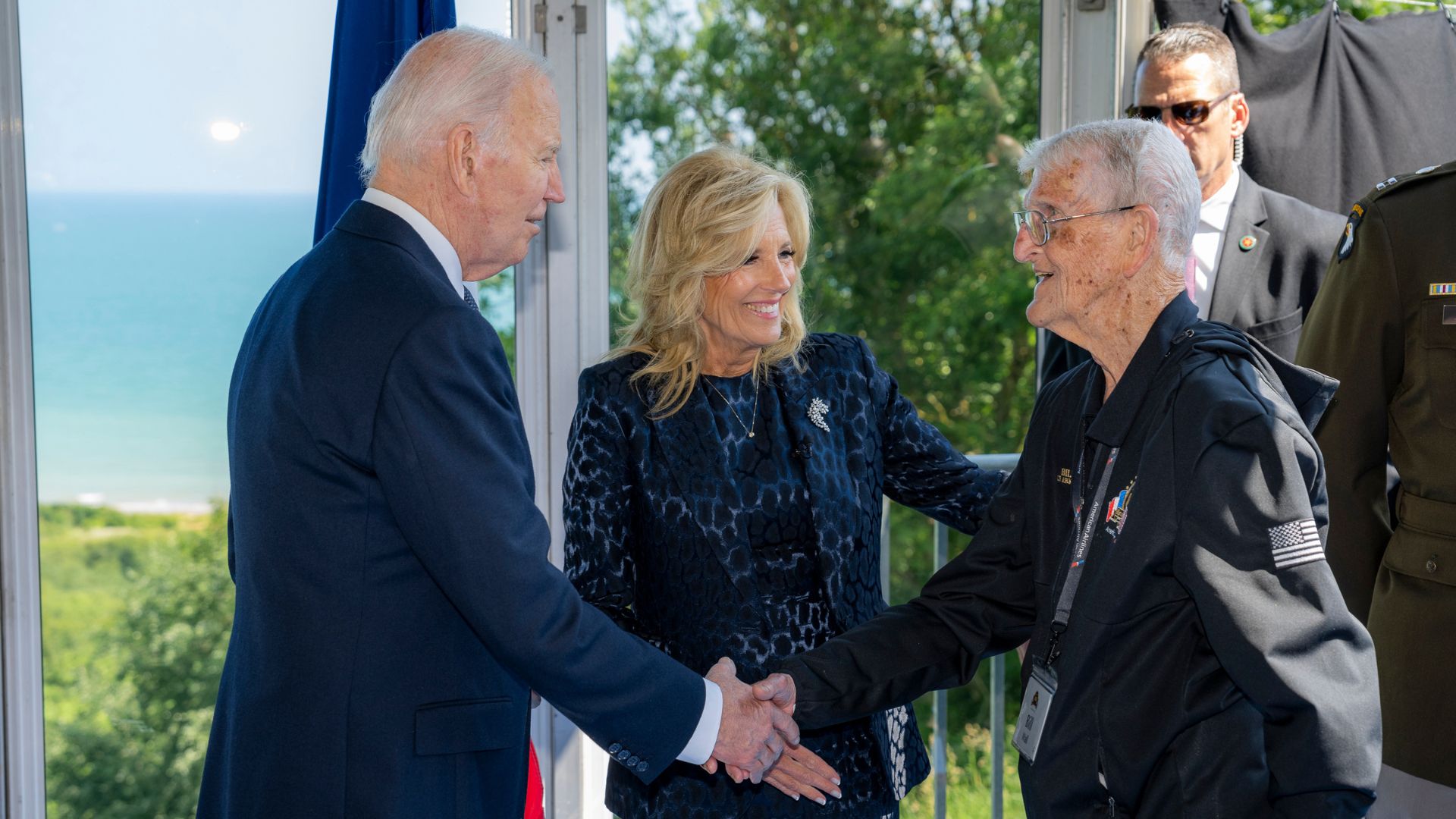
Steve Guest, a conservative communicator, reinforced the plagiarism narrative on X by stating, “Joe Biden: Once a plagiarist, always a plagiarist.”
This statement reflects a persistent critique of Biden’s approach to public speaking and originality.
Narrative Details of Both Speeches
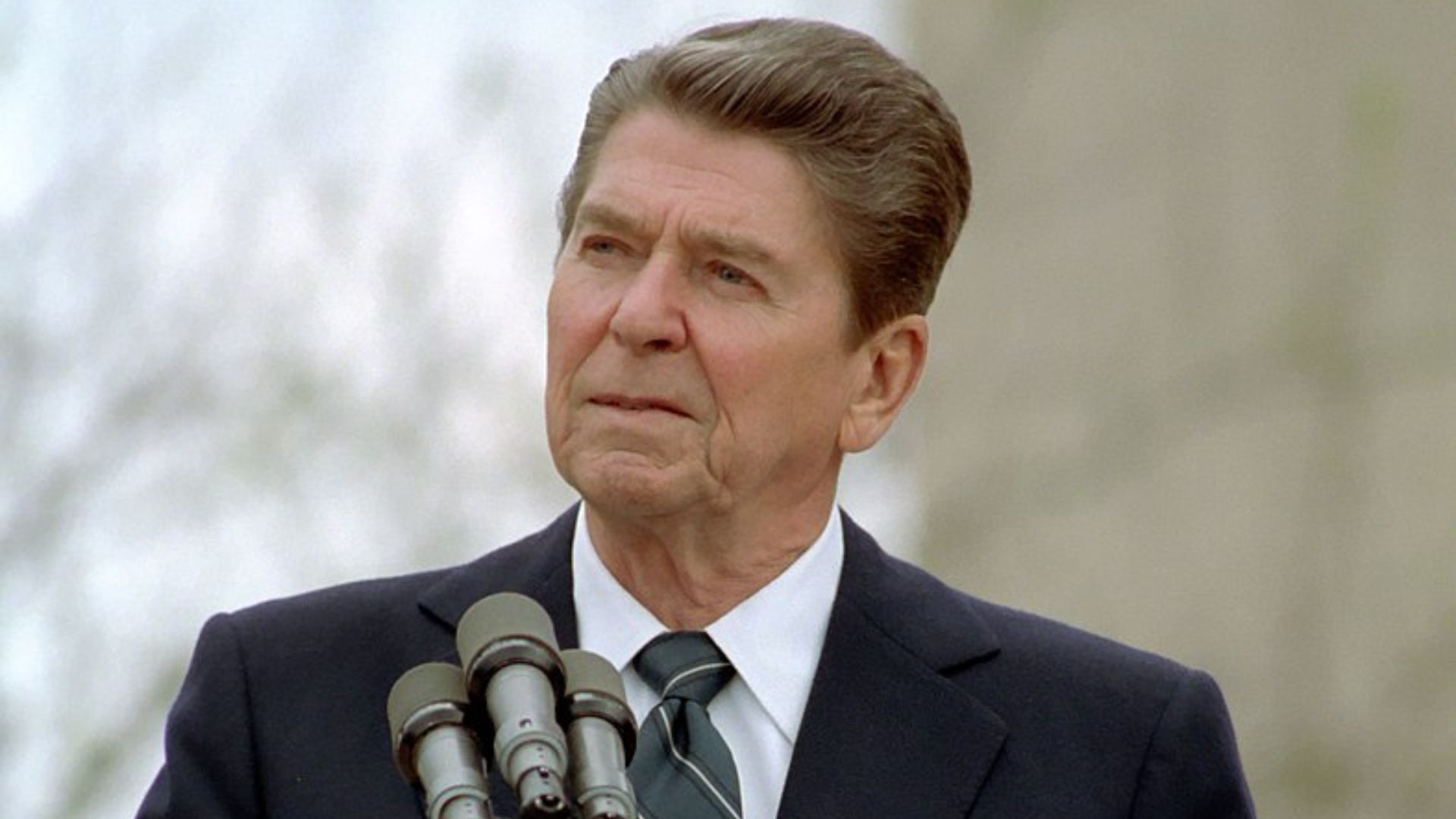
In their speeches, both presidents described the dawn of June 6, 1944, in similar terms.
Biden began with, “At last the hour had come. Dawn. Sixth of June, 1944,” reminiscent of Reagan’s words, “At dawn on the morning of the 6th of June, 1944.”
Descriptions of Ranger Heroics
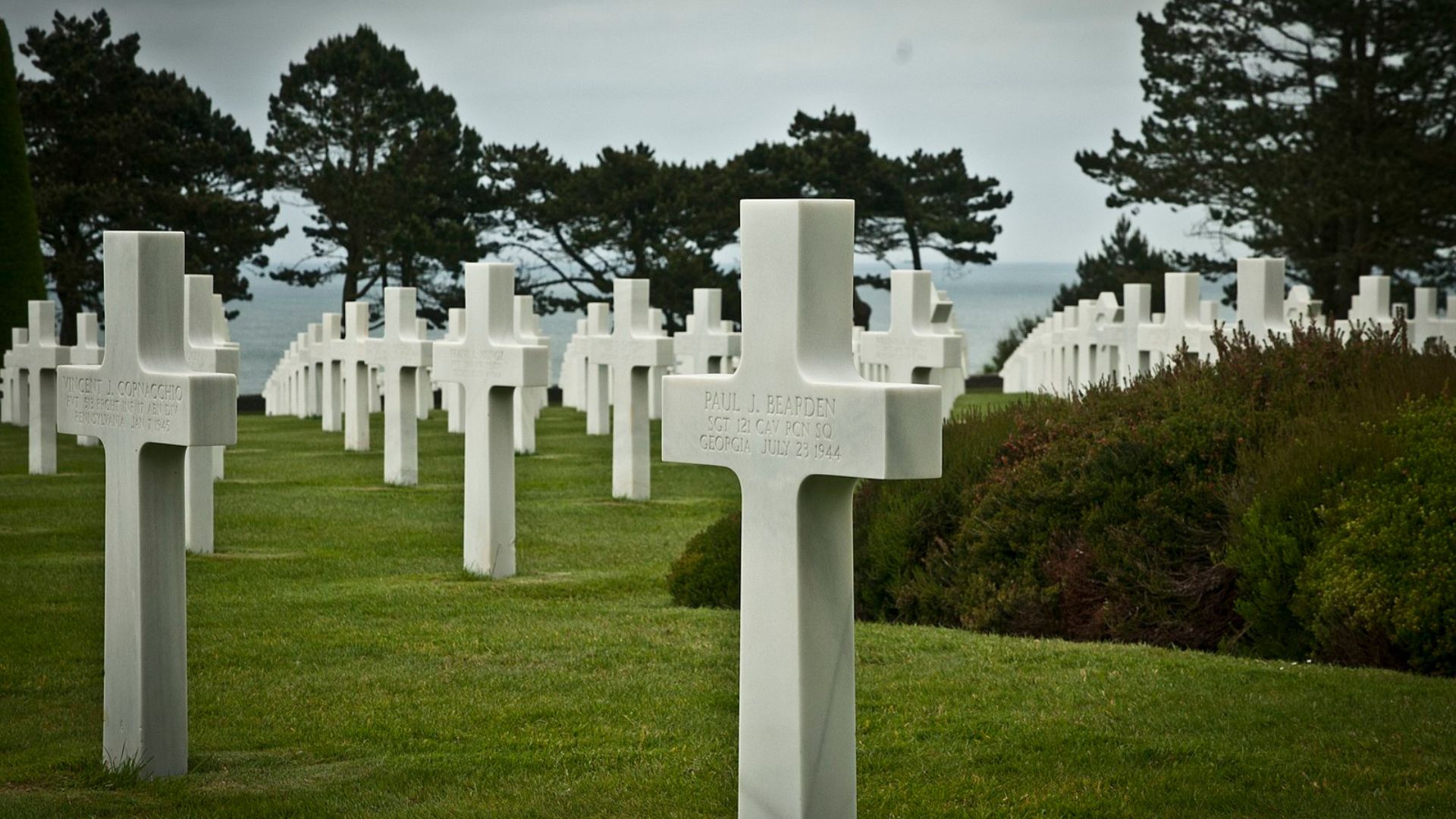
The details of the Ranger assault were similarly described by both presidents.
Biden said, “Two hundred and twenty-five American Rangers arrived by ship, jumped into the waves and stormed the beach,” closely matching Reagan’s description of the events.
Climbing the Cliffs at Pointe du Hoc
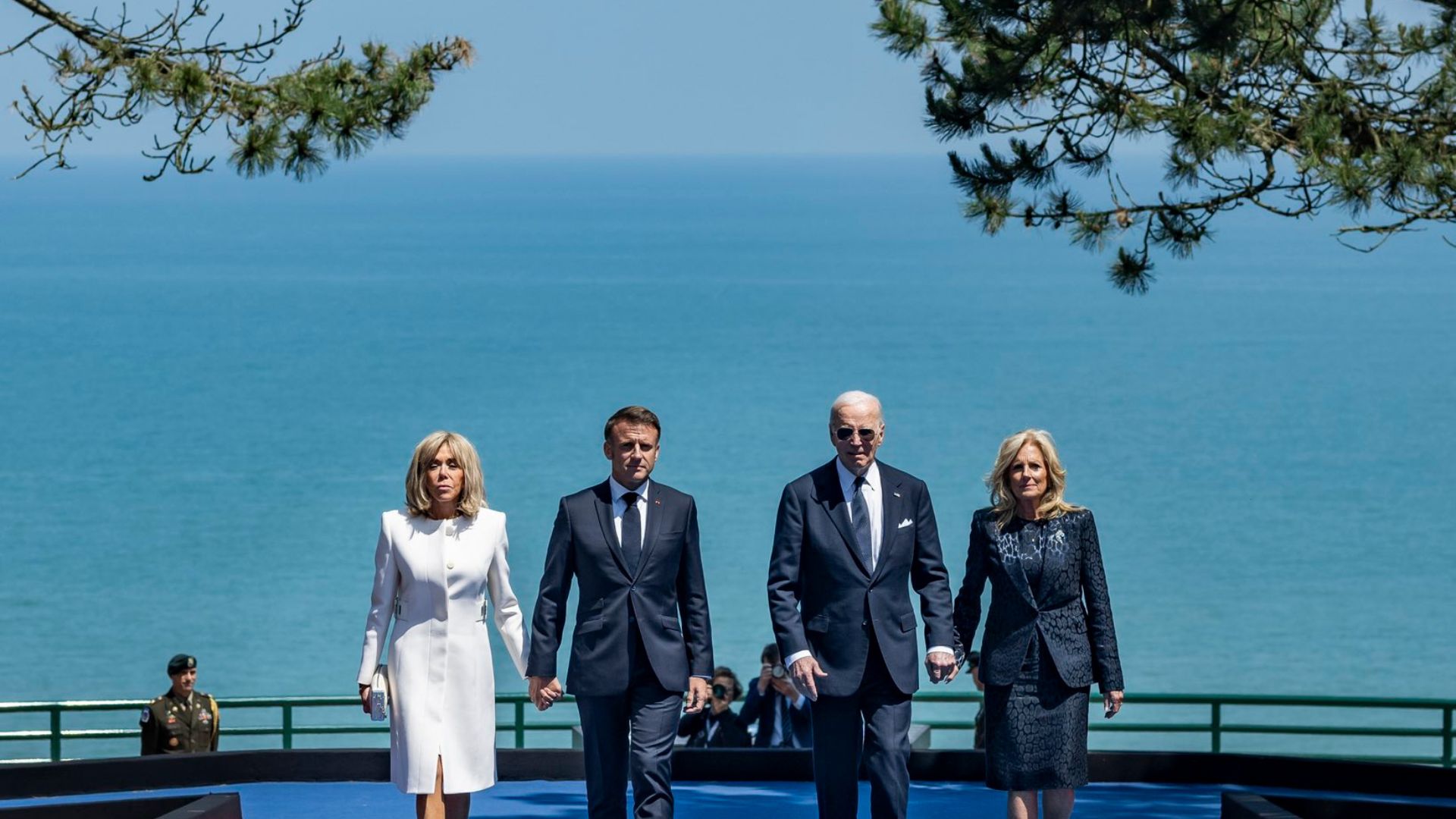
Both speeches recounted the Rangers’ perilous climb.
Biden noted, “They launched their ladders, their ropes and grappling hooks, and they began to climb,” which closely paralleled Reagan’s account, “They shot rope ladders over the face of these cliffs and began to pull themselves up.”
Overcoming Nazi Defenses
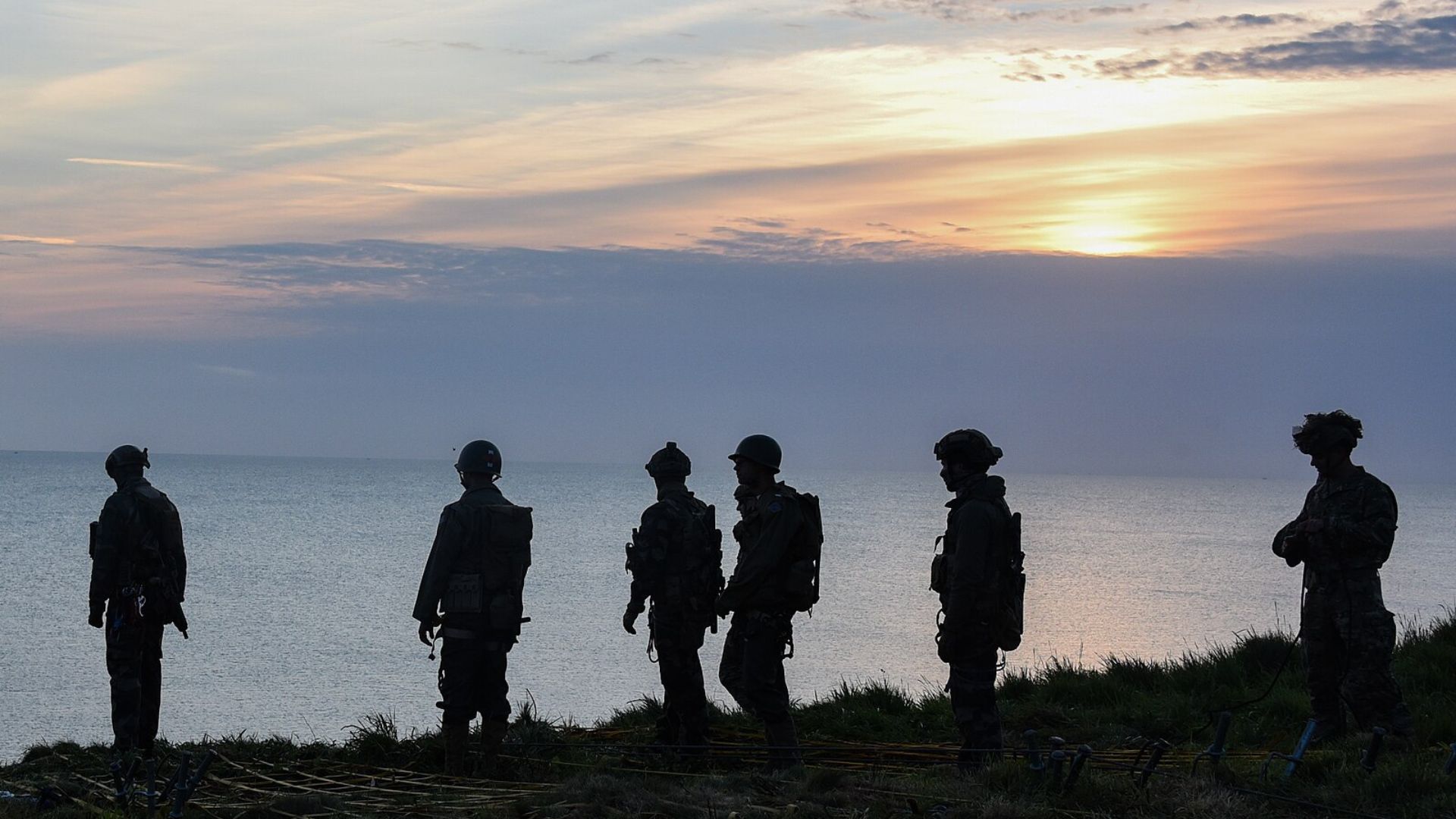
The adversity faced by the Rangers was highlighted in both speeches.
Biden said, “When the Nazis cut their ladders, the Rangers used the ropes, and the Nazis cut the ropes,” which mirrored Reagan’s recounting of the Rangers’ determination.
Biden’s Team’s Intentions for the Speech
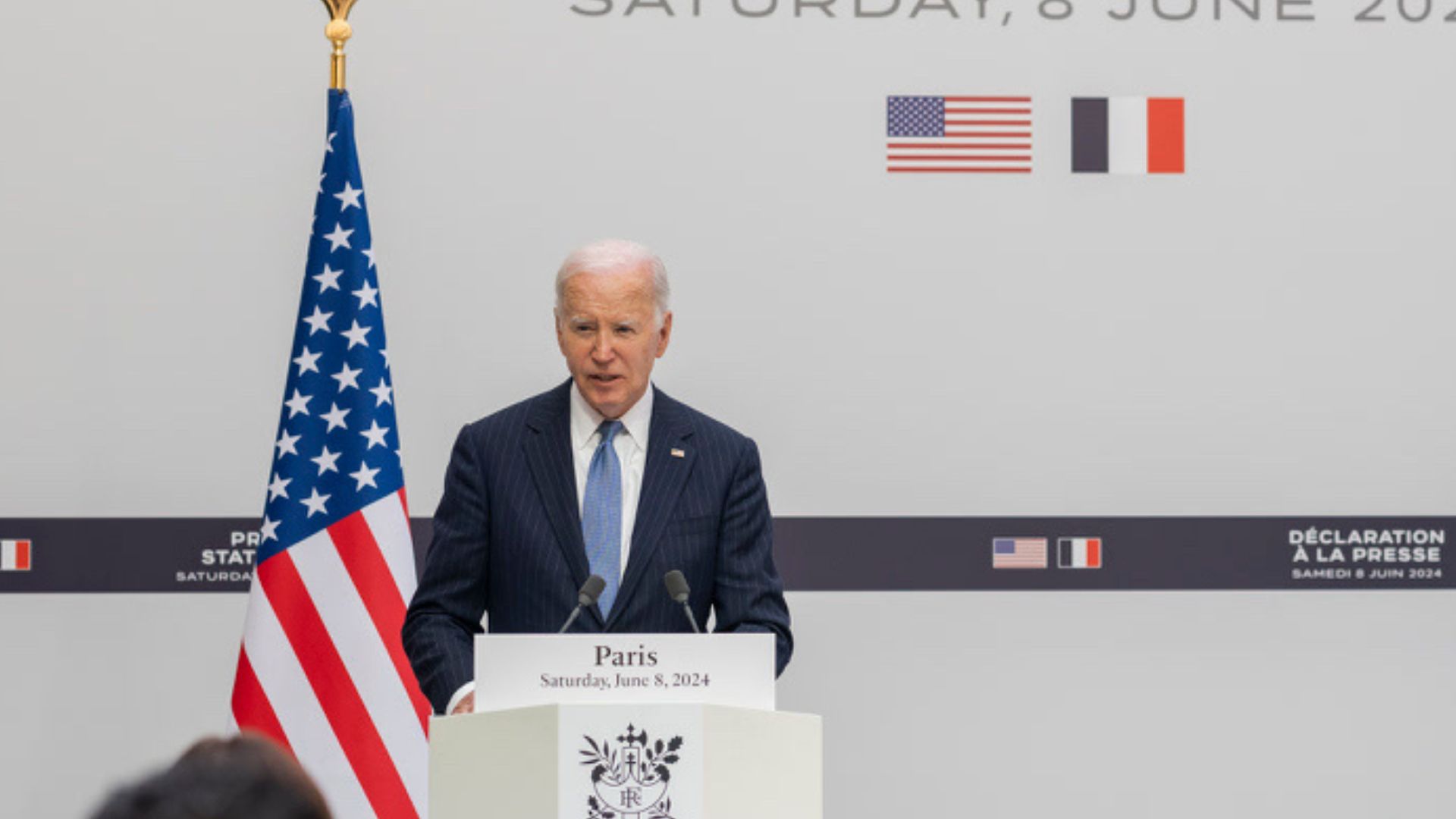
Politico Playbook reported that Biden’s team studied Reagan’s trip closely.
The aim was to capture a similarly significant moment to remind the public of democratic values, just as Reagan had attempted during his presidency.
Defense of Biden’s Speech Content
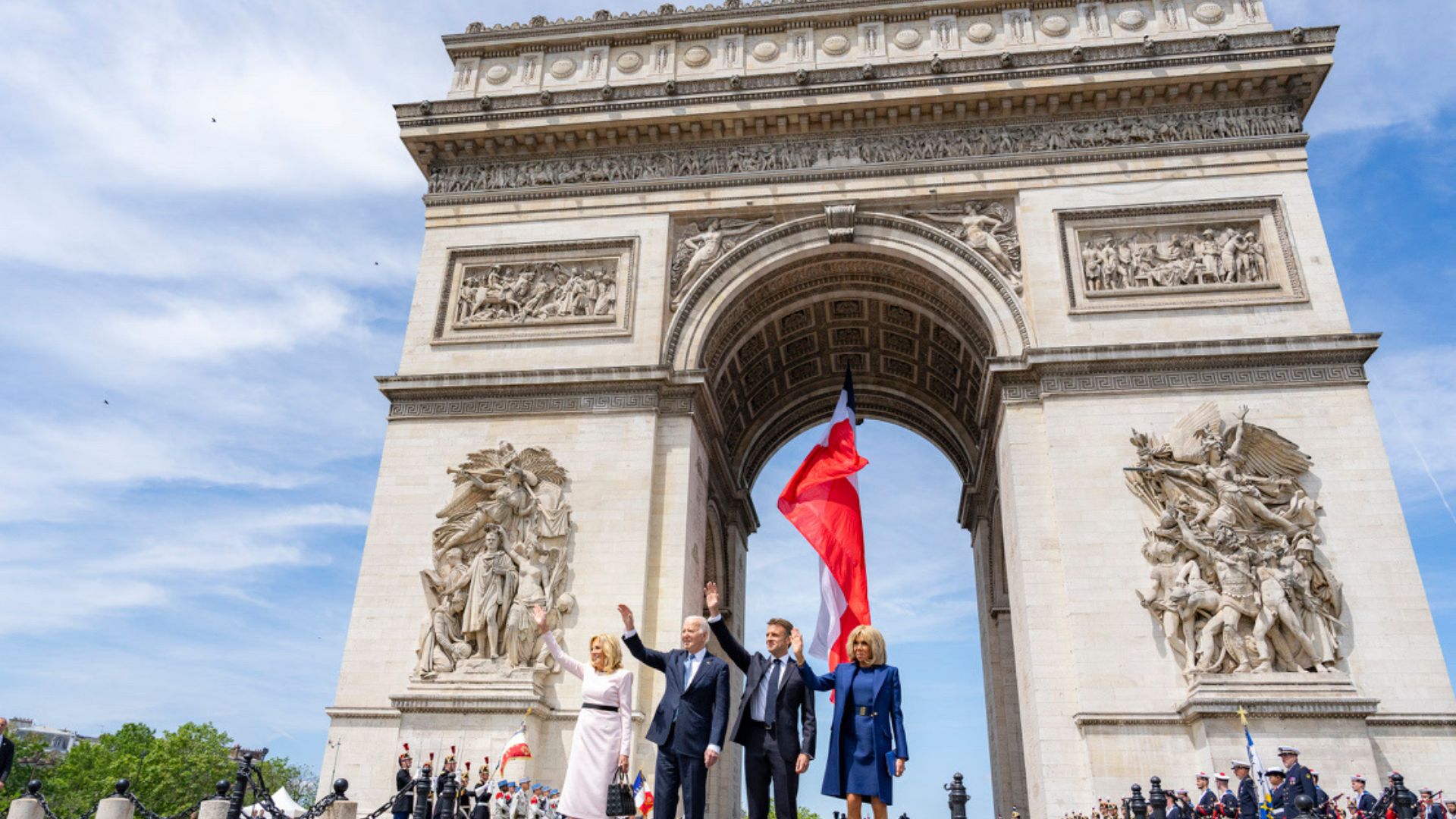
Despite the accusations of plagiarism, some defenders of President Biden’s speech argued that he was merely recounting historical facts.
They suggested that the similarities with Reagan’s speech were inevitable given the shared subject matter of the D-Day commemorations.
